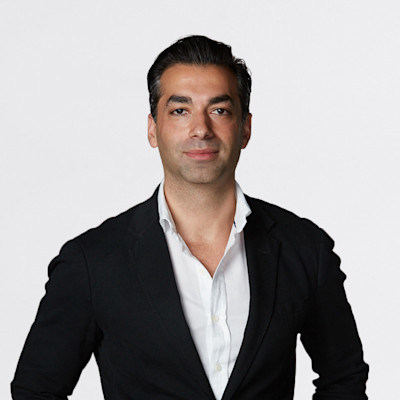Essential Takeaways
- From replenishing nutrient stores to supporting dietary requirements for breastfeeding parents, nutrition plays a major role in the postpartum phase.
- We share four Ritual RD-recommended tips for eating after baby’s arrival.
It’s no secret that eating a balanced diet during pregnancy goes a long way toward supporting key nutrient needs. But once the third trimester ends and the little one arrives, many parents—and breastfeeding people in particular—are left wondering what a healthy postpartum diet plan looks like. Considering new mothers have plenty to think about that first year, from self-care and changing nutrient needs to breastfeeding positions and lactation support, we tapped Dr. Mastaneh Sharafi, PhD, a registered dietitian and Ritual’s VP of Scientific Affairs, for the straightforward scoop on all things postpartum nutrition. (As a mom, she’s got some helpful insights on pregnancy nutrition, too.)
According to Dr. Mastaneh, nutrition plays a crucial, two part-role in the postpartum phase. “The first is to replenish nutrient stores, such as folate, vitamin D, vitamin A, and choline,” she says. “The second is to support dietary requirements for breastfeeding mothers.” Translation? Prioritizing a healthy diet after giving birth isn’t just sound advice for nursing moms—it’s important for every birthing parent, whether breastfeeding or not. Here’s four simple tips to follow.* (1)












